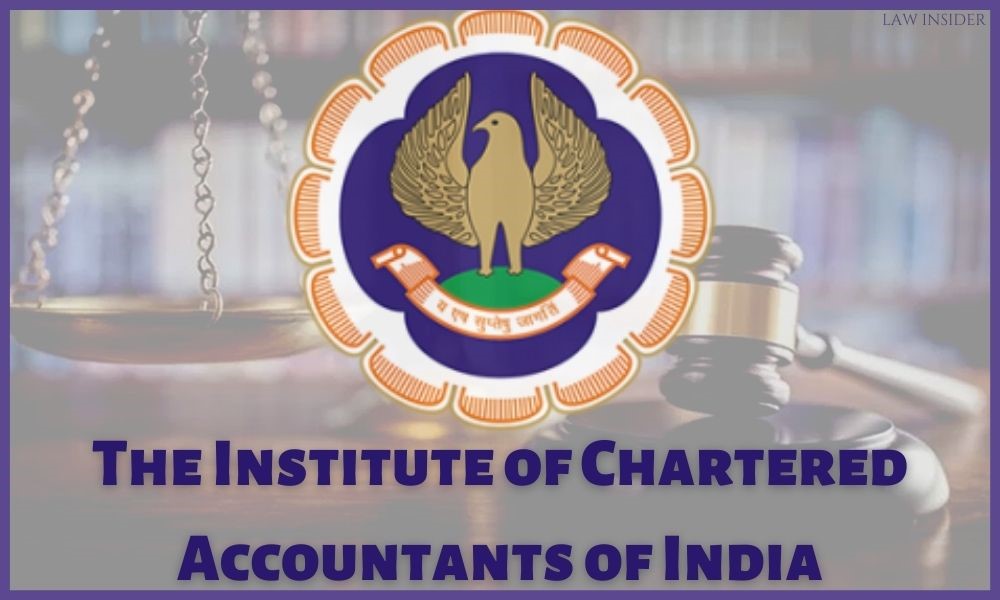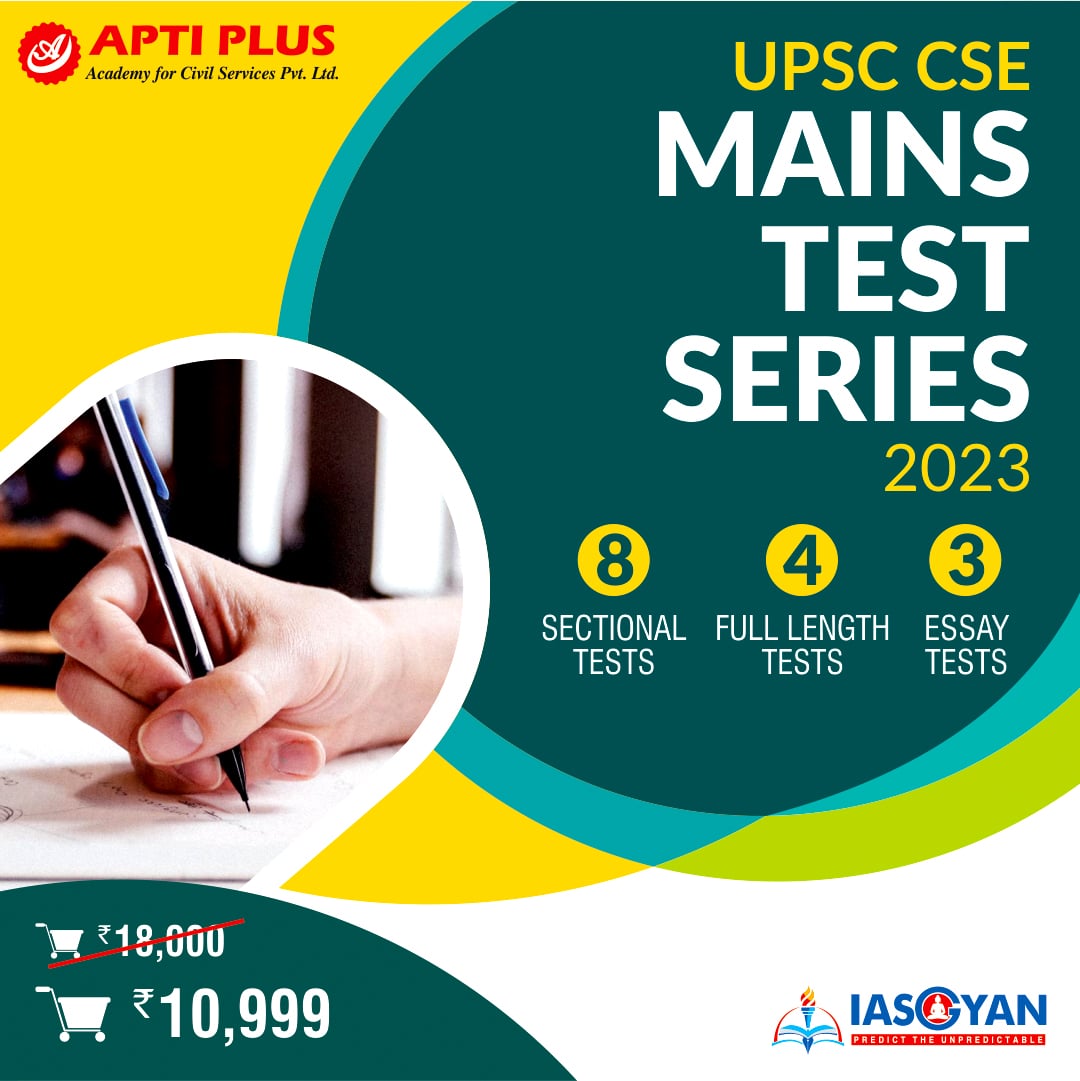INSTITUTE OF CHARTERED ACCOUNTANTS OF INDIA

Copyright infringement not intended
Context: The Institute of Chartered Accountants of India (ICAI) celebrated its 75th Foundation Day on July 1, 2023, with a grand ceremony that was graced by the President of India.
Details
- The event was attended by eminent dignitaries, members of the accounting profession, students and other stakeholders.
Institute of Chartered Accountants of India (ICAI)
About
- It is the national professional body that regulates the chartered accountancy profession in India.
- It was established by an act of parliament in 1949 and has over 3 lakh members and 9 lakh students.
- The ICAI is responsible for setting the standards of accounting, auditing, ethics, education and examination for its members and students.
- It also represents the interests of the profession at national and international forums.
Features
- It is the second largest professional body of chartered accountants in the world after the American Institute of Certified Public Accountants (AICPA).
- It is the only licensing authority for chartered accountants in India and has the power to discipline its members for misconduct or malpractice.
- It conducts the Chartered Accountancy (CA) course, which is one of the most rigorous and comprehensive professional courses in India. The CA course consists of three levels: Foundation, Intermediate and Final, and requires a minimum of four years of practical training under a qualified CA.
- It has a strong research and development wing that publishes various publications, journals, newsletters and reports on various aspects of accounting, taxation, finance and business.
Significant role in the economic development of India
- It ensures the quality and reliability of financial reporting and auditing in India by setting and enforcing high standards of professionalism, ethics and integrity among its members and students.
- It provides expert advice and guidance to the government, regulators, industry and academia on various matters related to accounting, taxation, finance and business.
- It facilitates the convergence of Indian accounting standards with international standards to enhance the global competitiveness of Indian businesses and professionals.
- It promotes the growth and development of various sectors and segments of the economy by providing specialized services, training and certification to its members and students in areas such as banking, insurance, capital markets, information technology, management, etc.
- It fosters international cooperation and collaboration among accounting bodies and professionals by participating in various forums, associations and networks such as the International Federation of Accountants (IFAC), Confederation of Asian and Pacific Accountants (CAPA), South Asian Federation of Accountants (SAFA), etc.
Challenges
- It has to cope with the rapid changes in technology, regulation, globalization and competition that affect the accounting profession and its stakeholders.
- It has to balance the expectations and demands of its diverse stakeholders such as members, students, government, regulators, industry, academia, society, etc.
- It has to enhance its capacity and capability to provide quality education, training and services to its members and students in a cost-effective manner.
- It has to attract and retain talented and competent professionals in the accounting field by providing them with adequate opportunities for learning, growth and recognition.
- It has to maintain its reputation and credibility as a premier professional body by ensuring transparency, accountability and governance in its functioning.
Ways forward
- It has to adopt a proactive approach to anticipate and respond to emerging trends and issues in the accounting profession and its environment.
- It has to adopt a customer-centric approach to understand and meet the needs and expectations of its stakeholders.
- It has to adopt a collaborative approach to work with other accounting bodies, regulators, industry associations, educational institutions, etc. to create synergies and value for the profession.
- It has to adopt an innovative approach to develop new products, services, processes and systems that enhance the quality and efficiency of its operations.
- It has to adopt a learning approach to continuously upgrade its knowledge base, skill set and competencies of its members and students.
Conclusion
- The ICAI is a prestigious institution that has a long history of excellence and service to the nation. It has a vital role in shaping the future of the accounting profession in India. By overcoming its challenges and pursuing its vision with passion and dedication
Must-Read Articles:
CHARTERED ACCOUNTANTS NOW UNDER THE PREVENTION OF MONEY LAUNDERING ACT: https://www.iasgyan.in/daily-current-affairs/chartered-accountants-now-under-prevention-of-money-laundering-act
AUDIT QUALITY MATURITY MODEL: https://www.iasgyan.in/daily-current-affairs/audit-quality-maturity-model




1.png)
